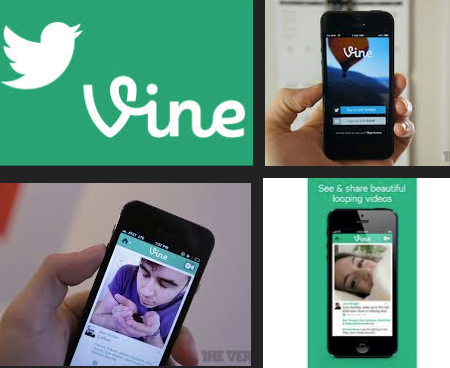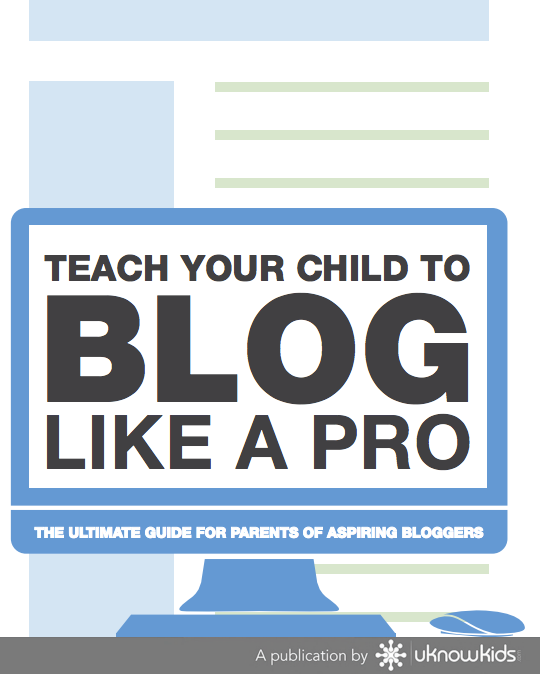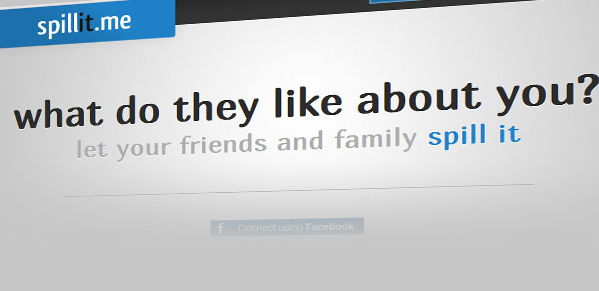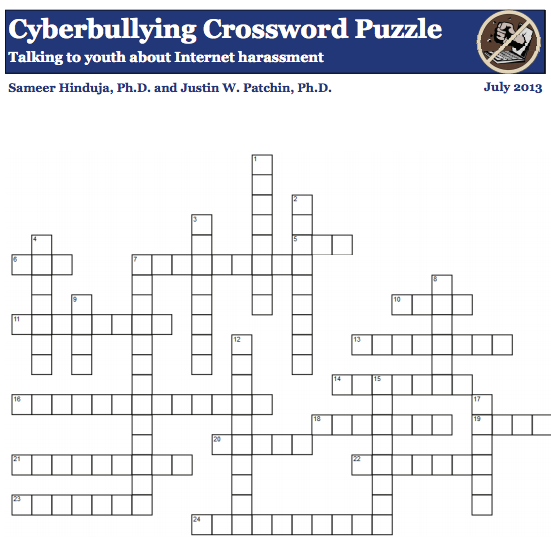Kids are always collecting text messages, images, contacts, downloaded applications, check-ins and location histories. An Android device allows a parent to understand what the child is doing with their smart phone in just minutes. With an iPhone, parents review contacts and mobile images while also utilizing suites of family locator tools. But what about checking on the photo downloads and the issues that arise when kids visit photo sharing sites.
Parents Automatically Work to Protect Their Children
Almost like a knee-jerk reaction - parents have a heightened sense of protection of their kids. Its is natural for the emergent technologies to raise concerns, if not eyebrows.
The explosion of social media has led to the prevalent misuse of innocent social tools by predators. Today it seems almost inevitable that however small the chance might be - your children or teenagers may have photos that will fall into the wrong hands.


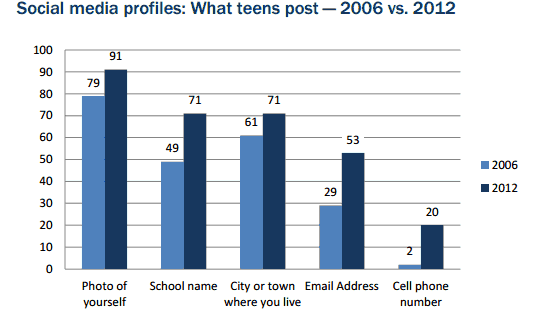




2.jpg)



.jpg)
